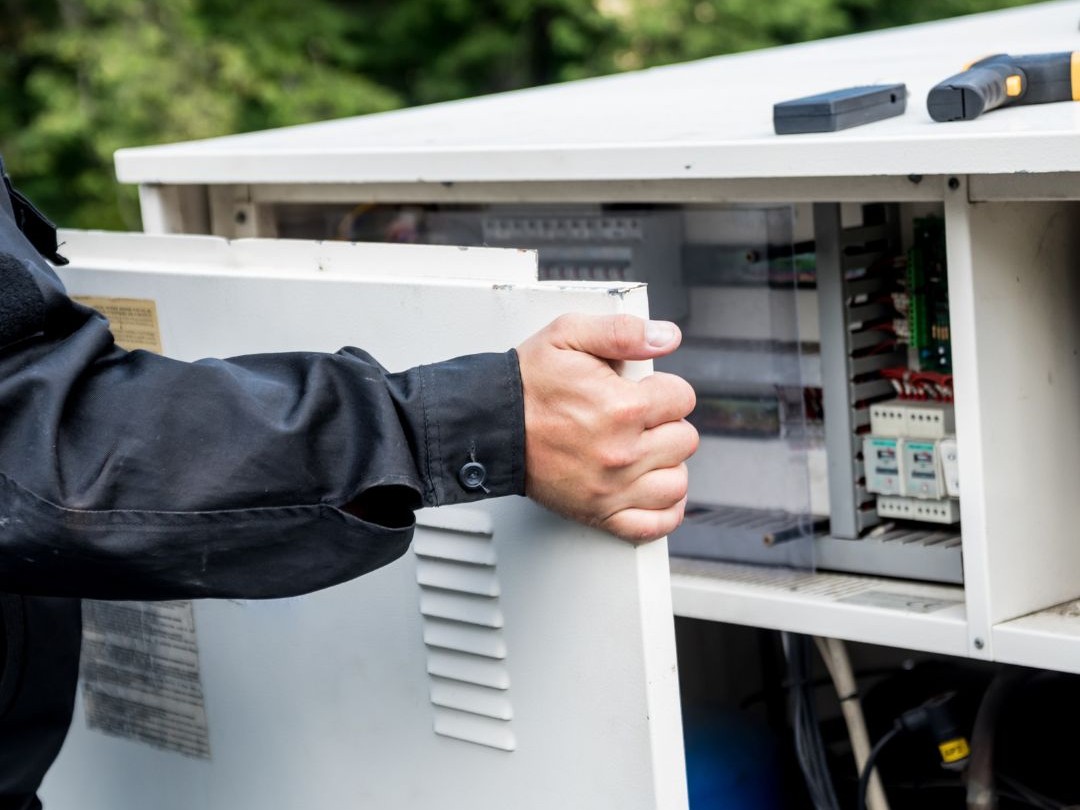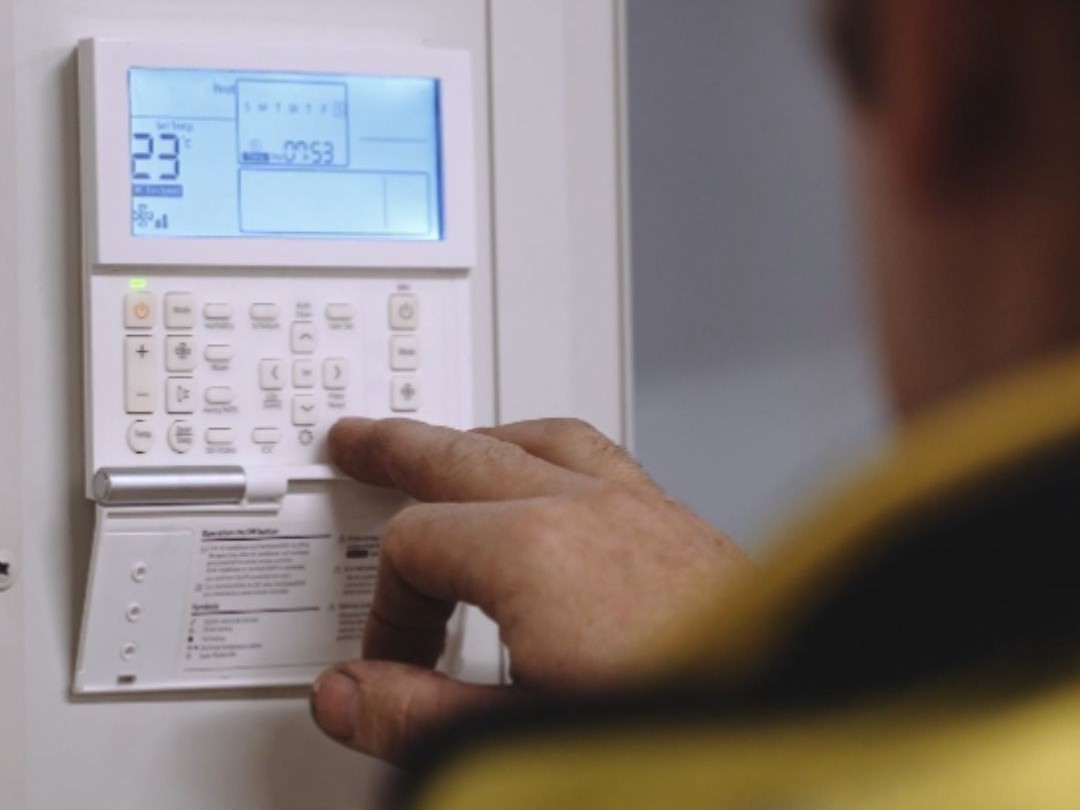Energy Efficiency Tips for Commercial Buildings in Victoria
Considering the energy efficiency of your commercial space is an essential part of the puzzle when you’re looking looking to optimise energy use and reduce operational costs.
One key factor is a well-maintained commercial HVAC system, which helps create a comfortable environment, improves air quality, and ensures compliance with regulations.
Today we will explore effective strategies to enhance HVAC efficiency, minimise energy consumption, and lower the utility bills in commercial buildings

Understanding HVAC Systems in Commercial Buildings
A heating, ventilation, and air conditioning (HVAC) system regulates indoor temperature and air quality, ensuring a comfortable and healthy environment. Efficient HVAC systems not only enhance energy savings but also prevent issues like mould growth, moisture damage, and poor air circulation.
Regular HVAC maintenance, system upgrades, and smart technology adoption can significantly improve performance while reducing your energy costs.
1. Conduct a Comprehensive Energy Audit
A professional energy audit helps identify inefficiencies in your building’s HVAC system, insulation, and ventilation. Auditors assess energy usage patterns, pinpoint areas of energy waste, and recommend solutions to optimise efficiency.
- HVAC unit performance and age
- Building insulation quality
- Air leaks and ventilation efficiency
- Power consumption trends
2. Consider Upgrading to Energy-Efficient HVAC Systems
Older HVAC units often use more energy, be less efficient and struggle to maintain consistent temperatures. Upgrading to a high-efficiency HVAC system reduces energy consumption while improving comfort and air quality. Look for energy-efficient models with:
- Programmable thermostats that adjust temperatures based on occupancy
- Sensors for real-time temperature monitoring
- Remote control and automation via mobile app
Installing smart HVAC controls ensures efficient temperature regulation, reducing unnecessary energy use and lowering electricity costs
3. Invest in Smart HVAC Technology
Proper ventilation enhances indoor air quality and reduces strain on HVAC systems. Consider these strategies:
- Install energy recovery ventilators (ERVs) to improve airflow
- Increase natural ventilation where possible
- Ensure proper air distribution to maintain even temperatures
Efficient ventilation not only saves energy but also creates a healthier workplace environment.

4. Improve Ventilation and Airflow Efficiency
Proper ventilation enhances indoor air quality and reduces strain on HVAC systems. Consider these strategies:
- Install energy recovery ventilators (ERVs) to improve airflow
- Increase natural ventilation where possible
- Ensure proper air distribution to maintain even temperatures
Efficient ventilation not only saves energy but also creates a healthier workplace environment.
5. Enhance Building Insulation
Proper ventilation enhances indoor air quality and reduces strain on HVAC systems. Consider these strategies:
- Sealing air leaks around windows and doors
- Using energy-efficient window glazing
- Adding insulation to attics and ceilings
6. Install High-Performance Access Doors
Invest in insulated access panels to maintain internal temperatures and prevent unnecessary air leaks. High-quality panels improve energy efficiency by limiting airflow disruptions in HVAC ductwork.
7. Implement Demand-Controlled Ventilation (DCV)
DCV systems adjust ventilation rates based on real-time occupancy levels, reducing energy waste. These systems optimise airflow based on demand, ensuring proper air exchange while cutting down on excessive HVAC usage.
8. Utilise Renewable Energy Sources
Integrating solar panels or other renewable energy sources into commercial buildings reduces dependence on traditional power grids. Benefits include:
- Lower long-term electricity costs
- Reduced carbon footprint
- Higher sustainability ratings (e.g., LEED certification)
9. Schedule Regular HVAC Maintenance
Routine maintenance is crucial for HVAC efficiency and longevity. A professional HVAC technician can:
- Clean air filters and improve airflow
- Check refrigerant levels to prevent energy waste
- Inspect and repair leaks in ductwork
- Calibrate thermostats for optimal temperature control
Preventative maintenance ensures peak HVAC performance and extends system lifespan
Optimising HVAC systems in commercial buildings not only reduces operational costs but also creates a more sustainable and comfortable indoor environment. By implementing smart technology, improving insulation, upgrading HVAC units, and maintaining regular servicing, businesses in Victoria can significantly enhance their energy efficiency while lowering carbon emissions.
For expert HVAC services tailored to commercial buildings, contact our team to discuss how we can help you to achieve long-term cost savings and compliance with Victoria’s energy regulations.
